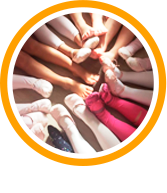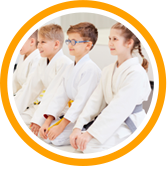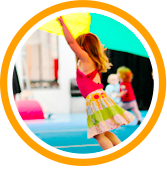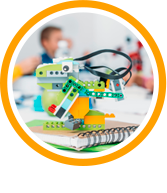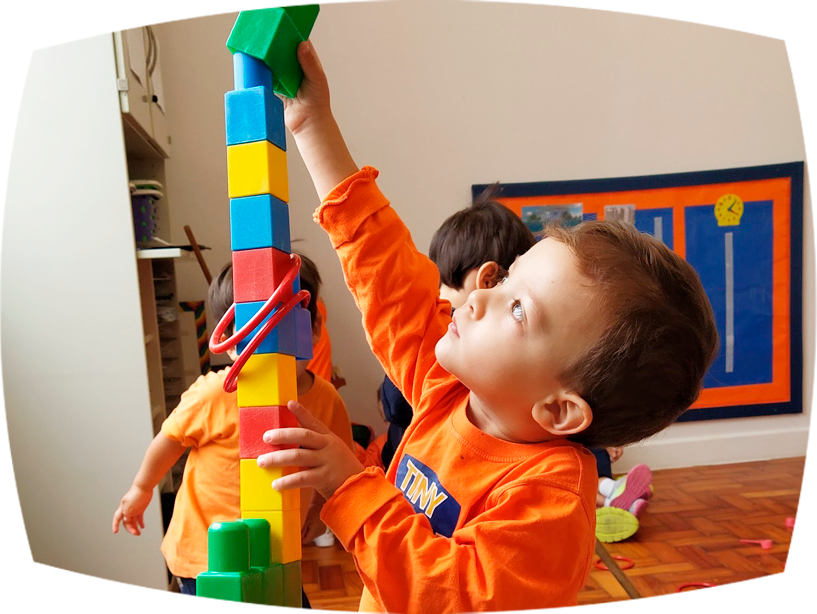
PEDAGOGICAL PROPOSAL
Tiny People is a bilingual preschool that promotes the development of children during early childhood. At this stage, the most determining factor in the life of any individual, they will develop different ways of thinking, feeling, expressing themselves and acting.
Our pedagogical proposal is based on the concepts of socio-constructivism, inspired by the approaches Pikler and Reggio Emília. Each student is unique and the protagonist of their own learning and their individualities are perceived, respected and valued for a complete development in the different stages of school life.ar.
Each student is unique and protagonist
of their own learning…
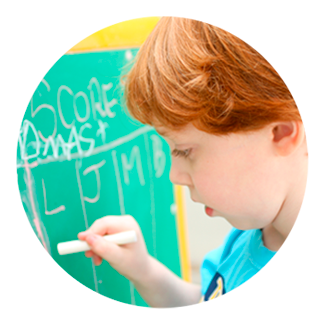
Tiny People is committed to our students’ education, focusing on the development of skills and abilities, including both knowledge and the ability to mobilize and apply them.
The curriculum is based on childhood conceptions that govern national parameters and the BNCC (Common National Curriculum Base), consisting of learning rights and the following fields of experience:
- Oneself, others, and the whole.
- Body, gestures and movements.
- Traces, sounds, shapes and images.
- Listening, speaking, thinking and imagination.
- Space, time, quantities, relationships and transformations
At Tiny People, we value a living curriculum which is constantly updated based on ongoing educational studies and our continuing education.
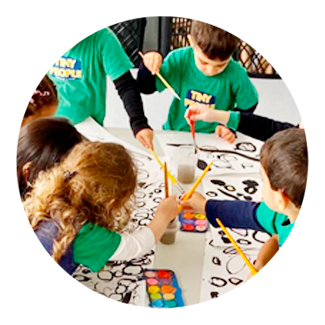
…we value a live curriculum, in constant update…
-
Learn more about the Pikler and Reggio Emilia approaches:
Pikler approach
Developed by Hungarian paediatrician and orthopaedist Emmi Pikler, this approach is supported by affective relationships that form bonds between adults and children, free movement and spontaneous play.
Tiny People believes that each child has their own timing and their motor development needs to be respected. Like Emmi Pikler, we value the importance of children in contact with the elements of nature. This interaction with natural environments not only increases children’s immunity but also allows them to learn by making and experimenting with ideas.
Reggio Emilia approach
Loris Malaguzzi, Italian pedagogue, was the founder of Reggio Emilia’s educational philosophy. This approach stands out for its innovation, having as guiding principles: space as a third educator, child protagonism and the pedagogy of listening. The proposal values the potential, resources and multiple intelligences of children.
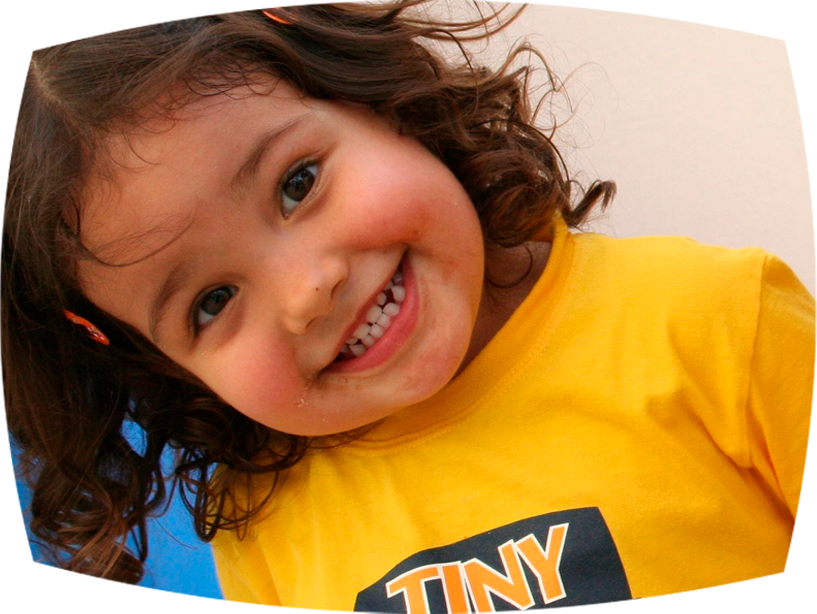
BILINGUAL EDUCATION
The knowledge of another language imposes as a practical necessity for an increasing number of people. This is an essential skill, both as a communication tool and in contact with different cultures.
We believe that the school is a partner in this process. At Tiny People, we offer a bilingual immersion program in which we use the English language in a contextualized way during the students’ school routine. Thus, from their first years of life, children interact in a context in which the English language is a communication tool.
Gradually, they begin to understand what is being said, respond to commands, experience situations and participate in the proposed activities. This experience influences the individual’s ability to store words, distinguish details of sounds and pronunciation, acquire fluency, among others.
The benefits of bilingual education are many: it favours cognitive development, expands the cultural repertoire, improves interpersonal relationships, and enhances memory.
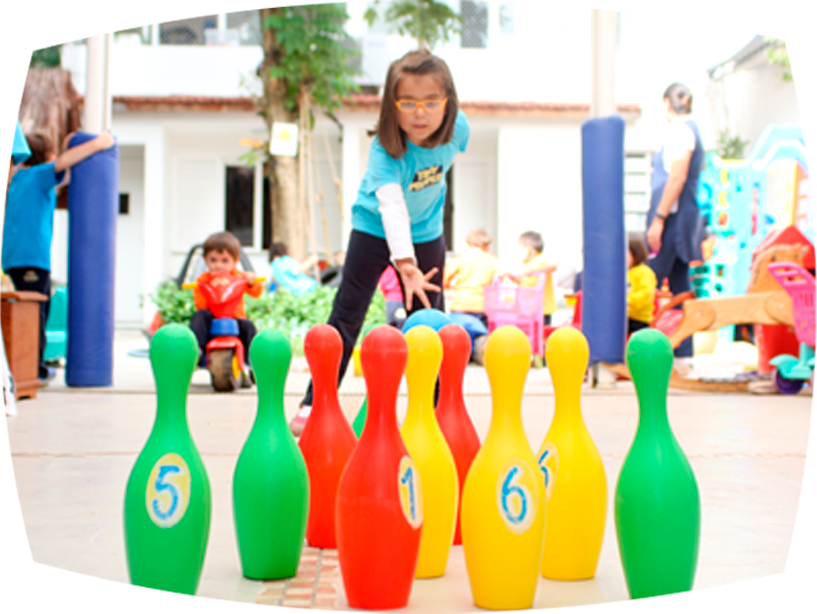
EXTRACURRICULAR
TINY CLUB
Tiny Club is the extended period of 3 additional hours either in the morning or in the afternoon. This service includes lunch, rest/ nap time and various activities led by a specialized team.
These activities include:
- Art and movement
- Sports initiation
- Psychomotor activities
- Games and play
Attendance at Tiny Club is optional and can be hired either on a monthly or daily basis.
SPORT ACTIVITIES
The school has specialist teachers who offer the following activities within the school:
